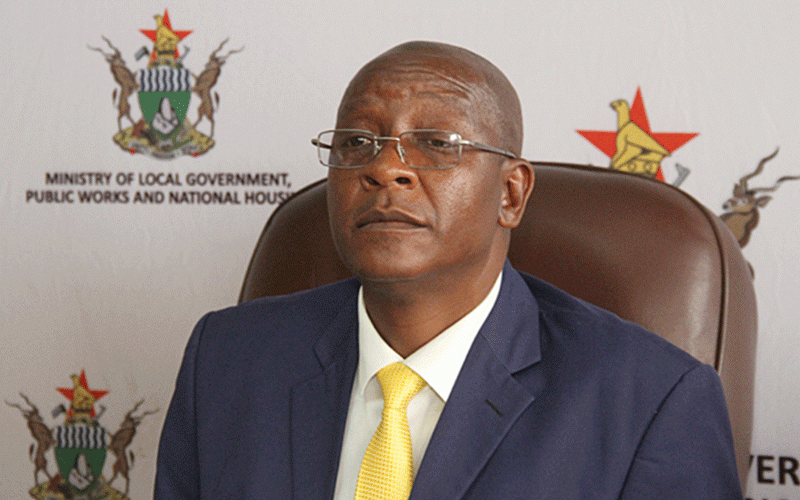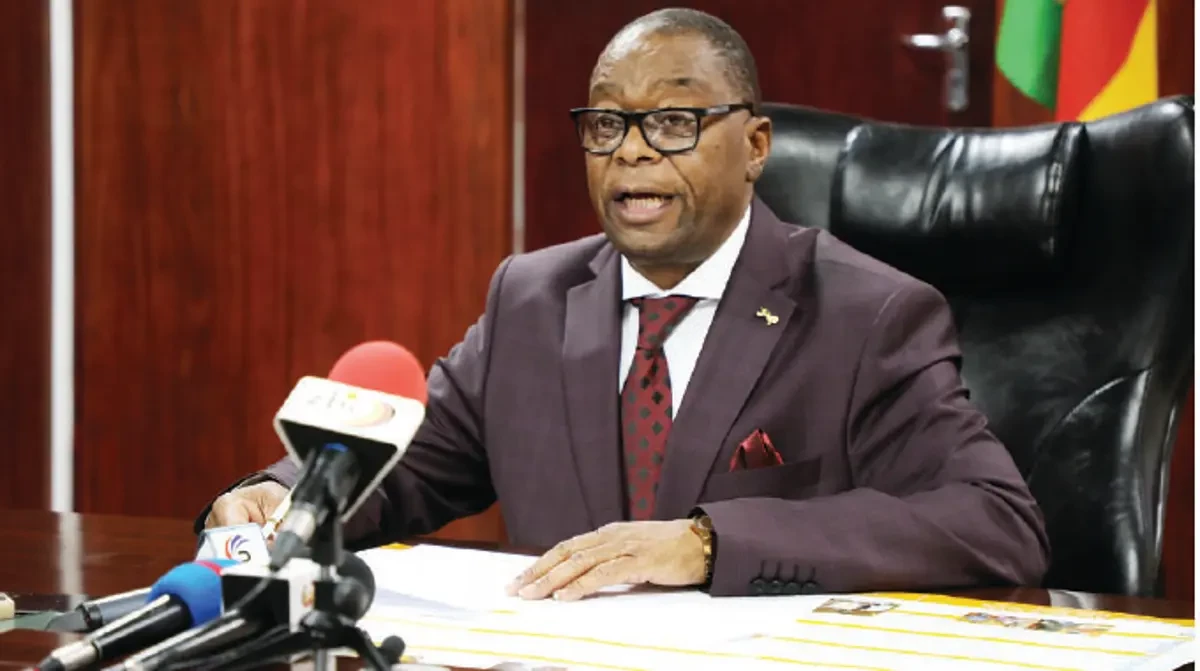
BY PROBLEM MASAU/MIRIAM MANGWAYA THE National Employment Councils (Necs) has directed private sector employers to pay half of their salaries in foreign currency as appetite for the free-falling local currency wanes.
Nec yesterday directed employers in the Furniture Manufacturing Industry, Timber and Allied Trade Union to pay wages in US dollars only, or both foreign and local currency.
“Employers have the option to pay wages in US dollars only or both with RTGS. No employer shall pay wages in RTGS only,” read a notice from Nec.
The National Employment
Council for the Mining Industry also directed mining companies to partly pay workers in US dollars.
In a notice dated May 19, the council said: “This notice serves to bring to your attention that the following new minimum rates of pay for grade 1-13 were agreed on dual currency (US dollars and ZW dollars) by the Associated Mine Workers Union of Zimbabwe and Chamber of Mines of Zimbabwe and shall be sent to the Ministry of Labour and Social Services for registration and publication.”
But Reserve Bank of Zimbabwe (RBZ) governor John Mangudya yesterday ruled out US dollar salaries for civil servants and told the restive workers they do not deserve US dollar salaries because they were not generating any foreign currency.
Speaking during a heated Political Actors Dialogue currency indaba in Harare, Mangudya said: “You want to be paid in foreign currency, did you put your US dollar in the bank? Whose money do you want to take? Do you want to take Mimosa or Zimplats money?” Mangudya asked.
- Chamisa under fire over US$120K donation
- Mavhunga puts DeMbare into Chibuku quarterfinals
- Pension funds bet on Cabora Bassa oilfields
- Councils defy govt fire tender directive
Keep Reading
This came as crucial salary negotiations scheduled for yesterday to prevent a damaging civil service strike beginning Monday were also aborted at the 11th hour.
The central bank boss also said the country had no capacity to dollarise.
“To fully dollarise, the country needs to have funders. We are not like Panama, which is funded by America. I know people love the United States dollar, but let’s respect our local currency.”
Teachers and nurses have already notified government that they would withdraw their services starting Monday next week citing incapacitation.
They said the salaries deposited into their bank accounts early this week were too little to meet their basic needs in the face of skyrocketing prices of basics.
Most retailers and service providers are now pricing their goods in US dollars to hedge against losses as the local currency continues to weaken against the US dollar and other currencies.
This week, the Zimdollar traded at US$1:$338,49 against the greenback, from last week’s US$1:$325,33. On the black market, the rate has gone beyond US$1:$600.
Zimbabwe Federation of Trade Union (ZFTU)’s representative Farai Chitsinde said currency instability was affecting all workers.
“The truth is workers are suffering. They are the ones who are bearing the brunt of the currency instability,” Chitsinde said.
In a related matter, unions representing civil servants were left fuming after a crucial National Joint Negotiating Council (NJNC) meeting with government to discuss demands for US dollar salaries was postponed to today.
This was after government scheduled the meeting for 4pm, but the Zimbabwe Confederation of Public Sector Trade Unions (ZCPSTU), formerly Apex Council, said it was too late to discuss important welfare issues.
ZCPSTU deputy chairperson Goodwell Taderera said: “We have a lot of issues that we need to discuss with the employer and we realised we could not exhaust them if we had agreed to meet them at 4 o’clock as they have suggested.”
No comment could be obtained from Public Service minister Paul Mavima because his mobile phone was not reachable.
Public Service Commission secretary Jonathan Wutaunashe told NewsDay that government was ready to meet its employees.
Zimbabwe Congress of Trade Union secretary-general Japhet Moyo said it was an insult for government to schedule a meeting for serious salary talks late at the end of day.
“Civil servants’ salary issues are as important as every other government business. Government cannot prioritise other issues at the expense of workers’ salaries,” Moyo said.
Progressive Teachers Union of Zimbabwe (PTUZ) secretary-general Raymond Majongwe added: “It’s a game that they have perfected.”
- Follow us on Twitter @NewsDayZimbabwe











